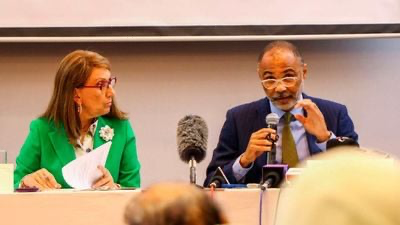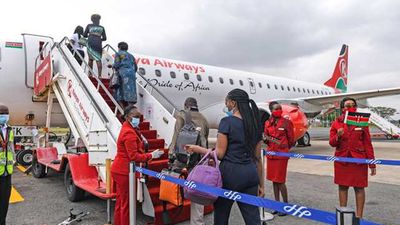Share the post "UNCTAD reveals how rating Agencies push Africa to pay more on loans.."
African countries are paying eight times more in interest on loans than their European counterparts and four times more than the US on account of distorted assessments by global credit rating agencies, the United Nations has said…
The UN Conference on Trade and Development (UNCTAD) says the high cost of credit has resulted in countries in the continent, spending more to service the debts from rich countries than investing in key economic sectors, Secretary-General Rebeca Grynspan said rising indebtedness has hampered the ability of African countries to full economic potential, including strengthening their participation in global supply chains.
The UNCTAD boss told reporters in Nairobi that the risk assigned to Africa by the international investors “is distorted by perceptions and not necessarily [informed] by the basics of economics”, Let me be sincere saying that the rating agencies don’t help, they really hurt us because they produce that perception. It doesn’t make any sense that the developing countries, Africa in this case, is paying eight times the rates that European countries are paying for the same debt,” said Grynspan.
“Right now 3,3-Billion People live in countries, including Africa, that are paying more to service the debts than what they are investing in education or health. So how are we going to achieve the sustainable development goals if we cannot spend on education and health — the basic needs of the people — in an appropriate manner because of the effect of debt servicing costs?
The global credit rating system is largely controlled by Fitch Ratings, Moody’s Investors Service and Standard & Poor’s, all of which are based in the US, “They [rating agencies] need to be more embedded in realities of these countries but they are very centralised…and I don’t think that they know these countries very well. So, a spreadsheet will really determine the perception of risk,” Ms Grynspan said during the global launch of the Economic Development in Africa Report 2023.




